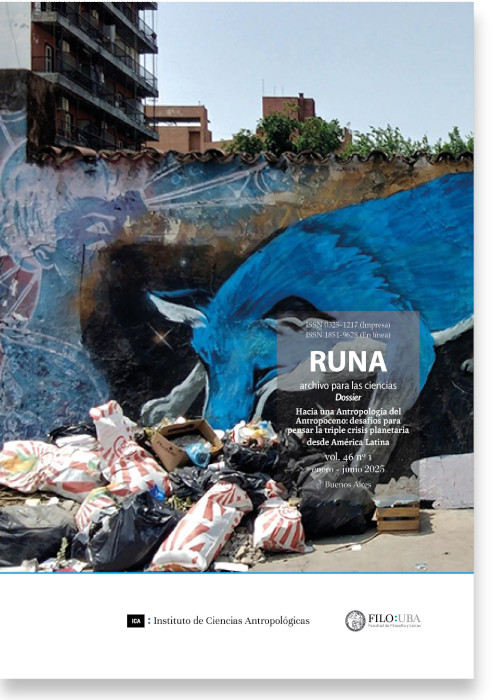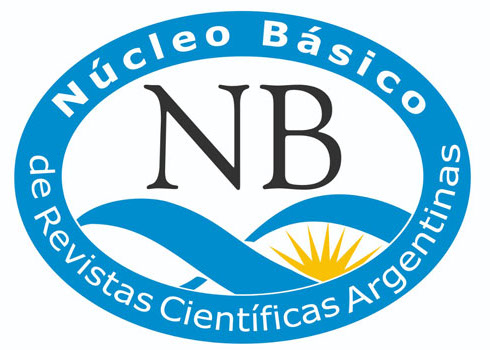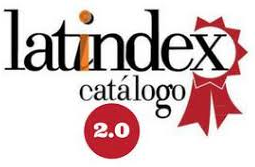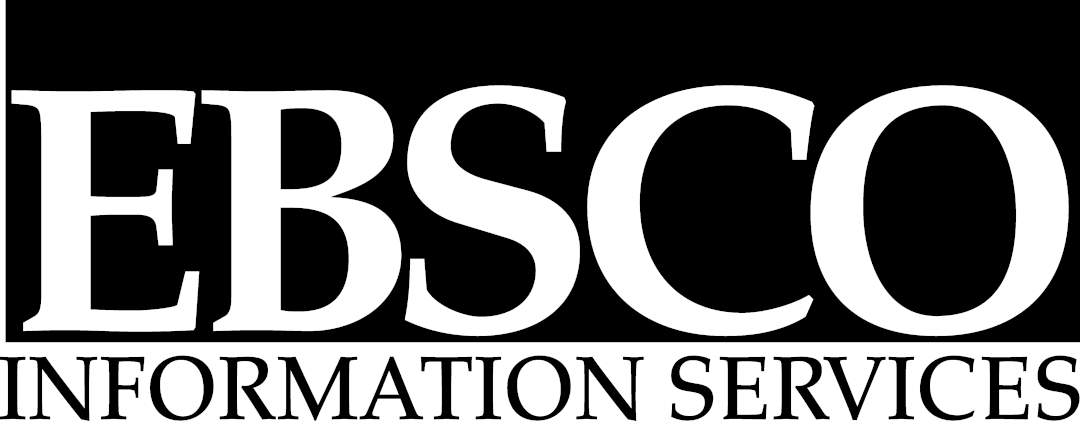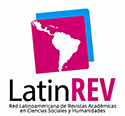Is there room for Indigenous knowledge in global climate science efforts?
Downloads
References
Chakrabarti, D. (2007). Provincializing Europe: Postcolonial Thought and Historical Difference. Princeton, NJ: Princeton University Press.
Danowski, D. y Viveiros de Castro, E. (2014). Há mundo por vir? Ensaio sobre os medos e os fins. Florianópolis: Cultura e Barbárie.
Ferdinand, M. (2022). Uma ecologia decolonial: pensar a partir do mundo caribenho. San Pablo: Ubu.
Fox, K. (2023). Hawai‘i, from ashes to sustainability. Science, 381, 815.
IWGIA, Inuit Circumpolar Council (ICC), Nepal Federation of Indigenous Nationalities (NEFIN) y Pastoralists Indigenous NGO Forum (PINGO‘s Forum). (2022). A new paradigm of climate partnership with Indigenous Peoples: An analysis of the recognition of Indigenous Peoples in the IPCC report on mitigation. Copenhague: IWGIA.
IWGIA (2023). Consolidating the rights of Indigenous Peoples in climate governance through the Local Communities and Indigenous Peoples Platform. Copenhague: IWGIA.
Kopenawa, D. y Albert, B. (2024). La caída del cielo: palabras de un chamán yanomami. Madrid: Capitán Swing.
Krenak, A. (2021). Ideias para adiar o fim do mundo. San Pablo: Companhia das Letras.
Kuhn, T. (1971). La estructura de las revoluciones científicas. Ciudad de México: Fondo de Cultura Económica.
Latulippe, N. y Klenk, N. (2020). Making room and moving over: Knowledge co-production, Indigenous knowledge sovereignty and the politics of global environmental change decision-making. Current Opinion in Environmental Sustainability, 42, 7-14.
Marras, S. y Taddei, R. (2022). O Antropoceno: sobre modos de compor mundos. Belo Horizonte: Fino Traço.
Morton, T. (2013). Hyperobjects: Philosophy and Ecology after the End of the World. Minneapolis: University of Minnesota Press.
Pullanikkatil, D. y Hughes, K. (2022). Socio-Ecological Systems and Decoloniality: Convergence of Indigenous and Western Knowledge. Cham: Springer.
Reyes-García, V., Fernández-Llamazares, Á., Guèze, M., Garcés, A., Mallo, M., Vila-Gómez, M. y Vilaseca, M. (2016). Local indicators of climate change: The potential contribution of local knowledge to climate research. Wiley Interdisciplinary Reviews: Climate Change, 7(1), 109-124.
Smith, L. T. (2012). Decolonizing Methodologies: Research and Indigenous Peoples. Nueva York: Zed Books.
Taddei, R. (2017). Meteorologistas e profetas da chuva: Conhecimentos, práticas e políticas da atmosfera. San Pablo: Terceiro Nome.
Taddei, R. y Gamboggi, A. L. (2011). Marcas de uma democratização diluída: modernidade, desigualdade e participação na gestão de águas no Ceará. Revista de Ciências Sociais, 42(2), 8-33.
TallBear, K. (2014). Standing with and speaking as faith: A feminist-indigenous approach to inquiry [Research note]. Journal of Research Practice, 10(2), Article N17.
Whyte, K. (2017). Indigenous Climate Change Studies: Indigenizing Futures, Decolonizing the Anthropocene. English Language Notes, 55(1), 153-162.
Copyright (c) 2025 Renzo Taddei

This work is licensed under a Creative Commons Attribution 4.0 International License.

Runa, archivos para las ciencias is a publication of the Instituto de Ciencias Antropológicas, Facultad de Filosofía y Letras, Universidad de Buenos Aires and is distributed under a Creative Commons Attribution 4.0 International License.
Runa maintains its commitment to the policies of Open Access to scientific information, considering that both scientific publications and publicly funded research should circulate on the Internet freely, free of charge and without restrictions.
The contents and opinions expressed in published articles are the sole responsibility of their authors.
